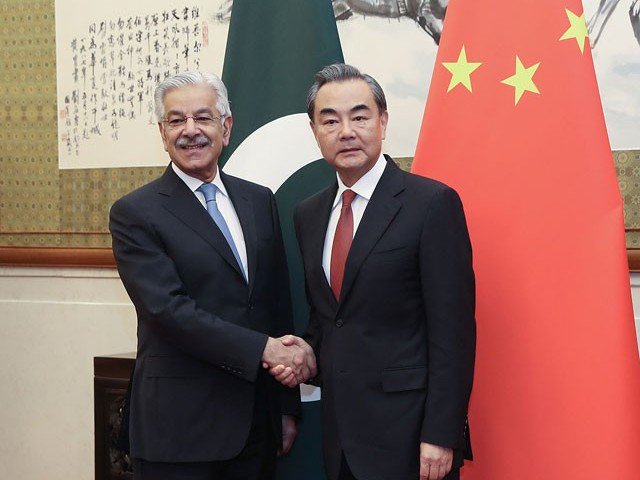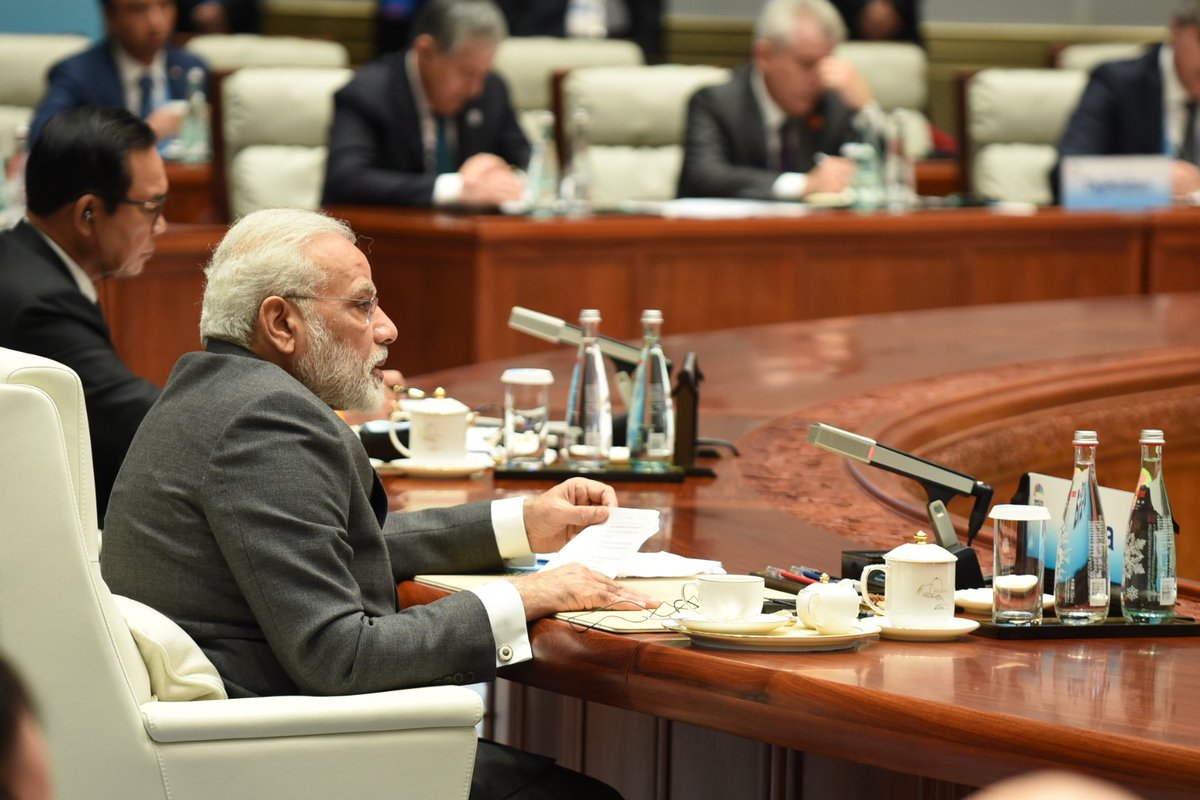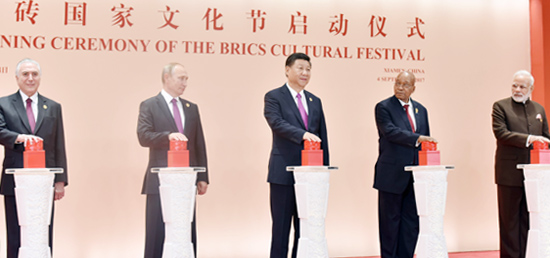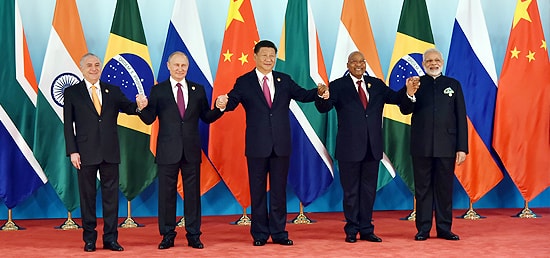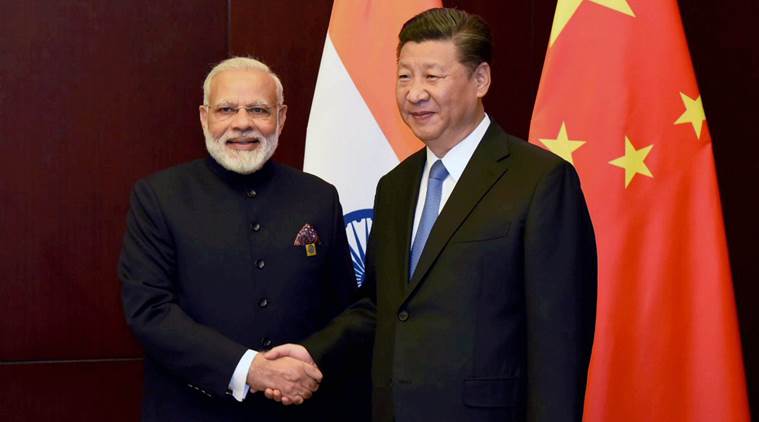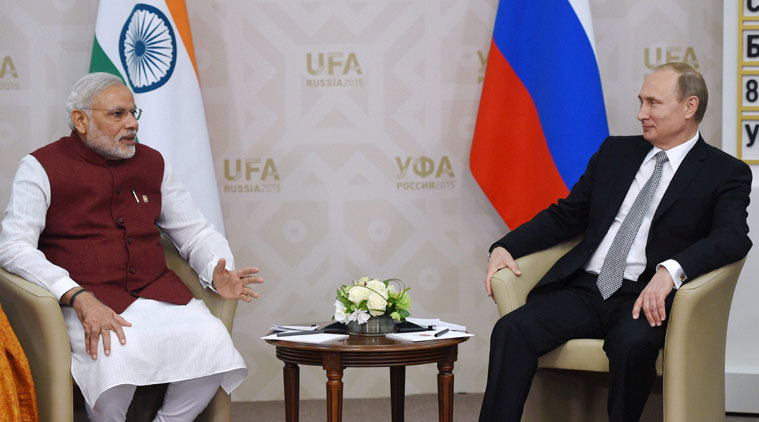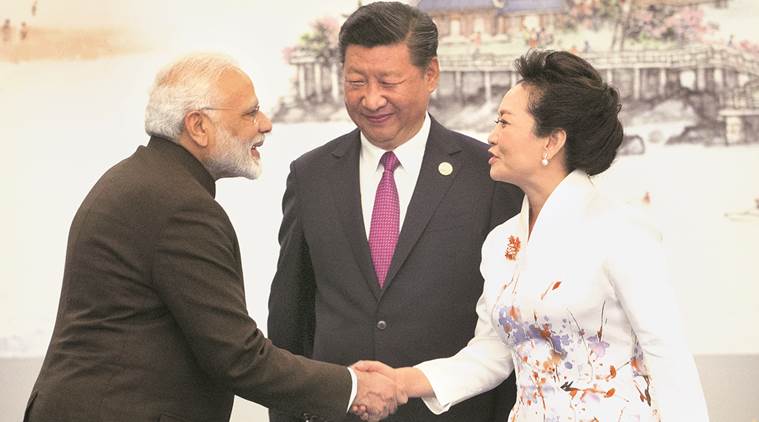
Modi’s China visit: Issues and unresolved questions
Prime Minister Narendra Modi’s visit to the coastal Chinese city of Xiamen was important for several reasons. For one, this was the first time PM Modi and President Xi Jinping were meeting face-to-face since the standoff at Doklam, which saw an unprecedented sabre-ratting from the Chinese side. Scheduled ahead of the 19th Communist Party Congress, whose dates – beginning 18 October, 2017 – were announced just after the disengagement agreement, the 9th BRICS Summit – attended by the leaders of India, China, Russia, Brazil and South Africa – was showcased by Chinese President Xi Jinping as a platform for his global leadership. A combination of these circumstances, in addition to concerns expressed by the US and other powers, probably including Russia, the highly tense Korean peninsula and some quiet diplomacy by the Indian side led to the disengagement where the CBMs between the two armies firmly held, despite the jingoistic noises.
On the eve of the Chinese Communist Party Congress, the Chinese leader’s sensitivity about his projection as a global leader, with the new US president becoming less globally engaged, remains a significant domestic political factor. The post-October emergent shape of the Chinese leadership would make considerable difference as to how stable global situation would be where India’s vital interests – and its multi-vector international relationships – remain at stake. Read more….
